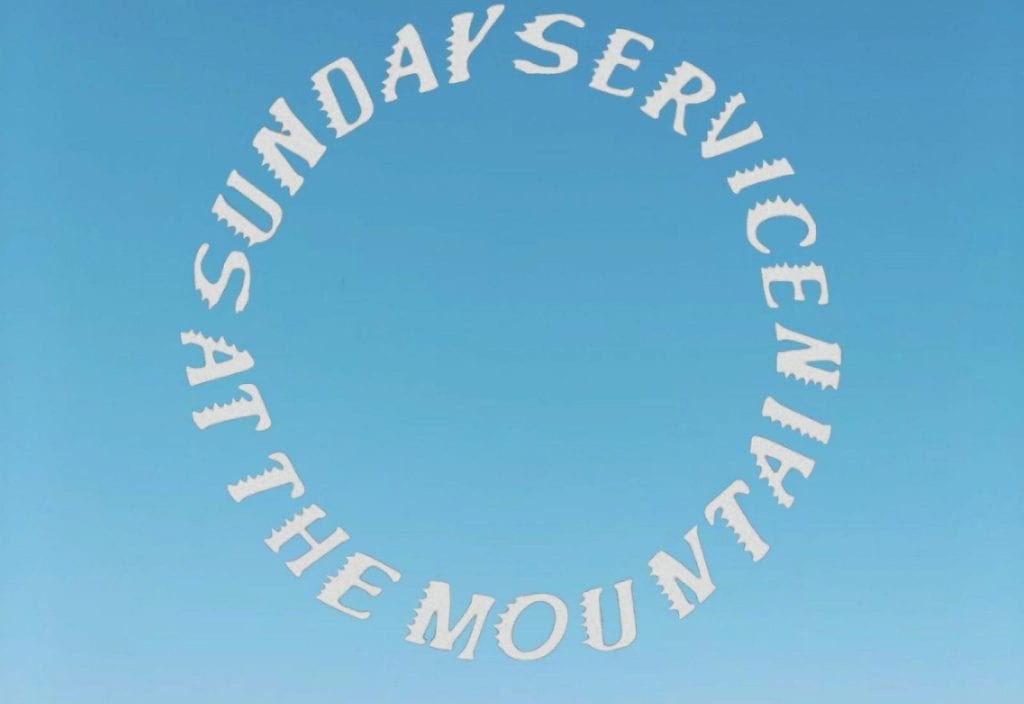Kanye West and Yeezy Apparel are being sued after allegedly “lavishing promises of millions of dollars in economic reward, [and] of the formation of a lucrative partnership” upon a video technology company in order to benefit from “tens of thousands of hours of investment in Yeezy in reliance on those promises,” which West and co. never followed through on. That is what MyChannel, Inc. (“MYC”) asserts in the complaint that it filed against the rapper-slash-designer and his apparel brand on Tuesday, accusing them of not only reneging on the deal they promised, but also “misappropriating MYC’s proprietary and confidential technology and information to fuel the e-commerce engine of Mr. West’s Yeezy brand.”
Describing itself as “a pioneering video and e-commerce technology company led by a group of highly-successful Black entrepreneurs, advisors, and investors,” MYC claims that on the back of 16 months of development beginning in 2016, it created its “Video Platform,” which consists of a “new way of using novel technology and AI to seamlessly marry e-commerce to video content, including music videos and commercials.” Against that background, the company alleges in the complaint that it filed this week in a California federal court that Kanye West and Yeezy Apparel enlisted their services as part of a “oral joint venture partnership” aimed at “maximizing revenues for Yeezy’s merchandise.”
By way of what would be a “‘white label’ version of MYC’s Video Platform,” the parties planned “to increase site traffic and conversion ratios [for West’s site], and to generally enhance the user/customer experience.”
In furtherance of this deal, which got its start in the spring of 2018, MYC asserts that its founders “reasonably relied on a series of promises made by Mr. West and other leaders in his organization who [over a period of] six months convinced them” to join forces. Specifically, MYC claims that West and co. insisted that its “founders and other personnel to move from their Pennsylvania headquarters to Yeezy’s headquarters (first in California and then in Illinois),” which they did.
West further “encouraged” them to “focus 100 percent of their attention on Kanye and Yeezy, and invest more than $7 million in company resources” into the parties’ project, namely, “to develop, build-out, operate and manage” Yeezy’s e-commerce business using MYC’s technology. (Per MYC, all the while, West also “relied on them for a number of key e-commerce projects,” including “collaborating with Havas Creative, the global ad agency responsible for the adidas and Yeezy brand collaboration, to develop a campaign for the release of the Yeezy 350v2 sneakers,” and working with Salesforce “to optimize and migrate the existing YeezySupply site and e-commerce technology stack from Shopify.”)
Still yet, MYC claims that in June 2018, West “promised to make a $10 million strategic investment in MYC.” However, the company asserts that West “later inexplicably reneged on his promises seemingly on a whim and walked away from the successful partnership.”
But more than just “abruptly attempting to terminate the parties’ oral deal … after Kanye learned all that he could from MYC, and its founders,” and refusing to “even reimburse [MYC] for the millions [of dollars] that the company had already sunk into Yeezy’s e-commerce business,” MYC claims that West and Yeezy went a step further. In early 2019, they allegedly violated the non-disclosure agreement (“NDA”) that they entered into to “protect MYC’s proprietary information, trade secrets, and intellectual property, including the inner-workings of its Video Platform,” when they launched West’s Sunday Service and its e-commerce component, which MYC describes as “a knock-off of the MYC Video Platform.”
The Sunday Service site, according to MYC, does not merely showcase the weekly performances of Kanye’s gospel group, but comes “with an e-commerce twist that uses the streaming video content from Sunday Service to drive sales of Yeezy-branded products and merchandise.” After visiting the website, MYC asserts that “it became patently obvious … that the defendants had misappropriated [MYC’s] proprietary technology and the functionality of the Video Platform … including a ‘shoppable’ functionality, which is specifically prohibited by the [parties’] NDA.”
According to MYC, the NDA, which “is binding on Yeezy, and its employees, agents, officers, and legal counsel,” explicitly prohibits the use or sharing of MYC’s proprietary and confidential information, which is “broadly defined” as including “any financial, technical, and nontechnical information related to a party’s business and current, future, and proposed products … including, for example … information concerning research, development, design details, and specifications,” etc. MYC notes that the relevant section of the NDA provides that it “shall govern all communications between the parties … [and] will continue in perpetuity.”
Yeezy’s “misappropriation and theft of [MYC’s] property information” in connection with the development and launch of the Sunday Service website runs afoul of its obligations as set out in the NDA, MYC argues.
Ultimately, MYC claims that such “misappropriation of its proprietary and trade secrets” by Kanye and Yeezy has “netted Kanye hundreds of millions of dollars off of the back of MYC,” all while “Mr. West was publicly extolling the virtues of supporting Black entrepreneurs like [the ones behind MYC].”
With that in mind, MYC sets forth claims of breach of their NDA; promissory estoppel in connection with the defendants promises that they would invest $10 million in MYC, maintain the NDA, create and maintain their partnership venture, and compensate MYC for “its 10,000 hours of labor provided to the defendants over the course of six months,” among other things; violation of the obligation of good faith and fair dealing; unjust enrichment; and breach of fiduciary duty. In connection with those claims, MYC is seeking a whole host of monetary damages to be determined at trial.
*The case is MyChannel, Inc., v. Kanye Omari West and Yeezy Apparel, LLC, 2:20-cv-07732 (C.D.Cal.).











